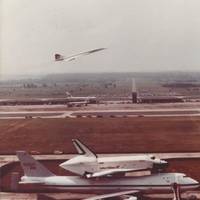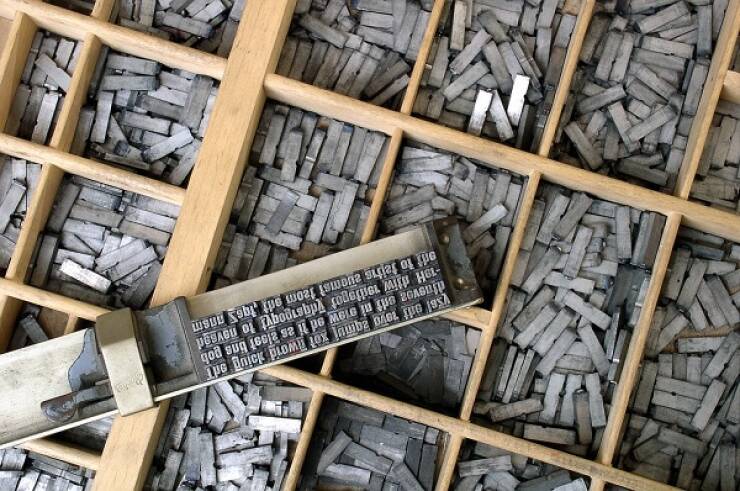1.

Francine 2 year s ago
#29 This is wildly and unacceptably false. When Jupiter first formed, it was approx. 20x the mass of the Earth. It is currently about 318x more massive. It's slowly shrinking now because it loses more mass that it accretes, but it was never twice as big as it is now. If it had been, the solar system would look very different.
3.

Eudora 2 year s ago
Carolann,
Jupiter's outer atmosphere is warm, and molecules can become energetic enough to escape the gravitational pull. Also, the massive electrical storms and solar winds can ionize atoms which then basically get shot out into space by the planet's strong magnetic field. If it were merely compressing (getting smaller) it's mass would stay the same, but that's not the case.
Jupiter's outer atmosphere is warm, and molecules can become energetic enough to escape the gravitational pull. Also, the massive electrical storms and solar winds can ionize atoms which then basically get shot out into space by the planet's strong magnetic field. If it were merely compressing (getting smaller) it's mass would stay the same, but that's not the case.
6.

Serena 2 year s ago
#20 In spitfires there was a seal wire restricting the throttle to 100%.
If broken the bypass of the compressor was omitted and gained power was the result.
But mere minutes of this would result in engine damage.
So the first thing the mechanics would look at when a plane landed was the broken seal and know they had their work cut out for them.
So balls to the wall litteraly means break the seal and use what you have to flee (the Germans).
If broken the bypass of the compressor was omitted and gained power was the result.
But mere minutes of this would result in engine damage.
So the first thing the mechanics would look at when a plane landed was the broken seal and know they had their work cut out for them.
So balls to the wall litteraly means break the seal and use what you have to flee (the Germans).






Jupiter's outer atmosphere is warm, and molecules can become energetic enough to escape the gravitational pull. Also, the massive electrical storms and solar winds can ionize atoms which then basically get shot out into space by the planet's strong magnetic field. If it were merely compressing (getting smaller) it's mass would stay the same, but that's not the case.
If broken the bypass of the compressor was omitted and gained power was the result.
But mere minutes of this would result in engine damage.
So the first thing the mechanics would look at when a plane landed was the broken seal and know they had their work cut out for them.
So balls to the wall litteraly means break the seal and use what you have to flee (the Germans).